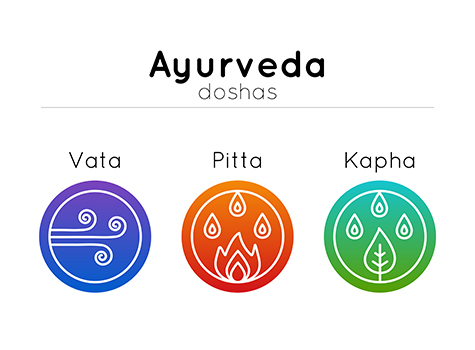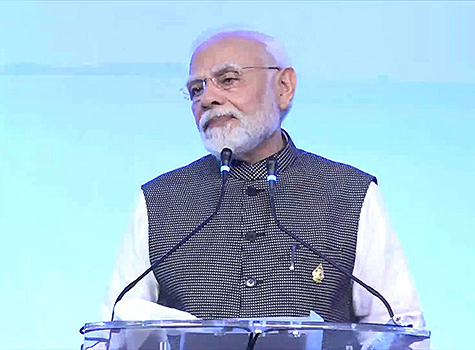It’s a new year. New dreams are dreamed, goals are made, and hopes are revived. On New Year’s Eve, the time and space continuum seems to pause for a brief moment, and the New Year begins. In the grand scheme of things, New Year’s Day is, well, just another day. But for many people a new sense of energy blooms, even if temporarily, as New Year greetings are exchanged and old wall calendars are replaced with fresh ones. Human nature requires a fresh start, or at least sense of a fresh start. An incoming year is one of the markers for such a feeling of renewal.
Every year as the New Year dawns, old resolutions are dusted off or fresh resolutions are made. This year I suggest a simple addendum to the ritual of making new resolutions. Resolve to get more involved in American politics, in all spheres – local, state, and national. It doesn’t take too much effort. It’s quite simple, really.
The first step is register to vote if you haven’t already done so. Next, begin your homework. Find the local and statewide candidates that have filed to run and then begin reading up on them, especially those running for city councils, mayors, and state legislatures. Watch the presidential debates, but especially watch local mayoral and gubernatorial debates. These may seem dull, but they shed a light on the candidates and their positions. These local debates and elections matter greatly, even though they are not as glamorous as presidential debates. This effort is not a onetime perusal. It will require short periods of continued interest and research over a period of months.
Over the coming months, unwrap the candidates and the issues, then compile your research and pick the candidates you feel will make a difference in your life. Then, of course, on election day go out and vote. Most states offer early voting to make the process easier and lines shorter on election day.
The American political machine keeps grinding and with the incoming New Year the cogs of the machinery will shift gears into full swing. All of the House of Representatives are up for reelection along with many Senators, Governors, state legislators, and of course the big prize, the White House.
Politicians, power brokers, billionaires and grassroots activists will vie for your attention and money. For many ideologues this election is nothing less than the battle for the soul of America’s future. The social fabric of the country is changing. It is clearly becoming more diverse and interconnected with the rest of the world. Candidates that inspire the partisans will set the early agendas. In both parties, the outsiders and the more left or right-leaning candidates are stirring up the pot like never before. Will establishment candidates rise above the pack or will an upstart outsider win the nomination?
The early caucus and primary states are swarming with candidates and their teams. The final push to thin out presidential candidates is on. The televised presidential debates so far on both sides have been somewhat informative and quite entertaining. But as the election cycle rolls on, each candidate has to become more specific on issues and their ability to withstand attacks during debates also sheds light on their personalities and character.
Both political parties are holding presidential debates in South Carolina during January.
The Republicans are sparring and enough of them are still running that two debates are required in the same evening. That trend will continue as most of the current candidates are likely to stay in the race, at least through the next round of debates.
The democrats have been coasting with three candidates for the past several weeks. All three will be around for the South Carolina debate. I think both parties will have their prime candidate by the time the proverbial April showers roll around, but it may take a little longer for the Republicans to narrow their field. There is talk of a brokered GOP convention in July if no clear winner has emerged. I think that is unlikely. There are several debates in the upcoming months, but in the meantime the spotlight is on South Carolina in January.
The next Democratic debate is on Sun, January 17 at Gaillard Center, Charleston, SC (presented by NBC News and Congressional Black Caucus Institute with the South Carolina Democratic Party). The Republican debate is on Thu, January 14 at North Charleston Coliseum, Charleston, SC (presented by Fox Business Network with the South Carolina Republican Party). Incidentally, the GOP will also hold a second debate in South Carolina on Feb. 13. Details are yet to be released for that one.
The entertainment value of the debates is now dwindling as primary voters begin to get serious. The economy still remains a focus while national security and terrorism have ratcheted to the forefront. Both left-leaning and right-leaning candidates are trying to separate themselves from the pack. This year, fear seems to be the new catchphrase. The Republicans are scaring people about terrorism. The Democrats are scaring people about gun violence. There are no easy, simpleton solutions to either dilemma. Both will require long-term, bipartisan efforts to resolve.
The incoming year is an important one, as have been all incoming years of the past. This cycle has the markings of another historical election cycle. Concerned citizens must become informed voters.
Some regional resources:
North Carolina State Board of Elections: http://www.ncsbe.gov/ncsbe/
South Carolina State Election Commission: http://www.scvotes.org/
Georgia Secretary of State/Elections: http://sos.ga.gov/index.php/?section=elections
Virginia Dept. of Elections: http://elections.virginia.gov/



